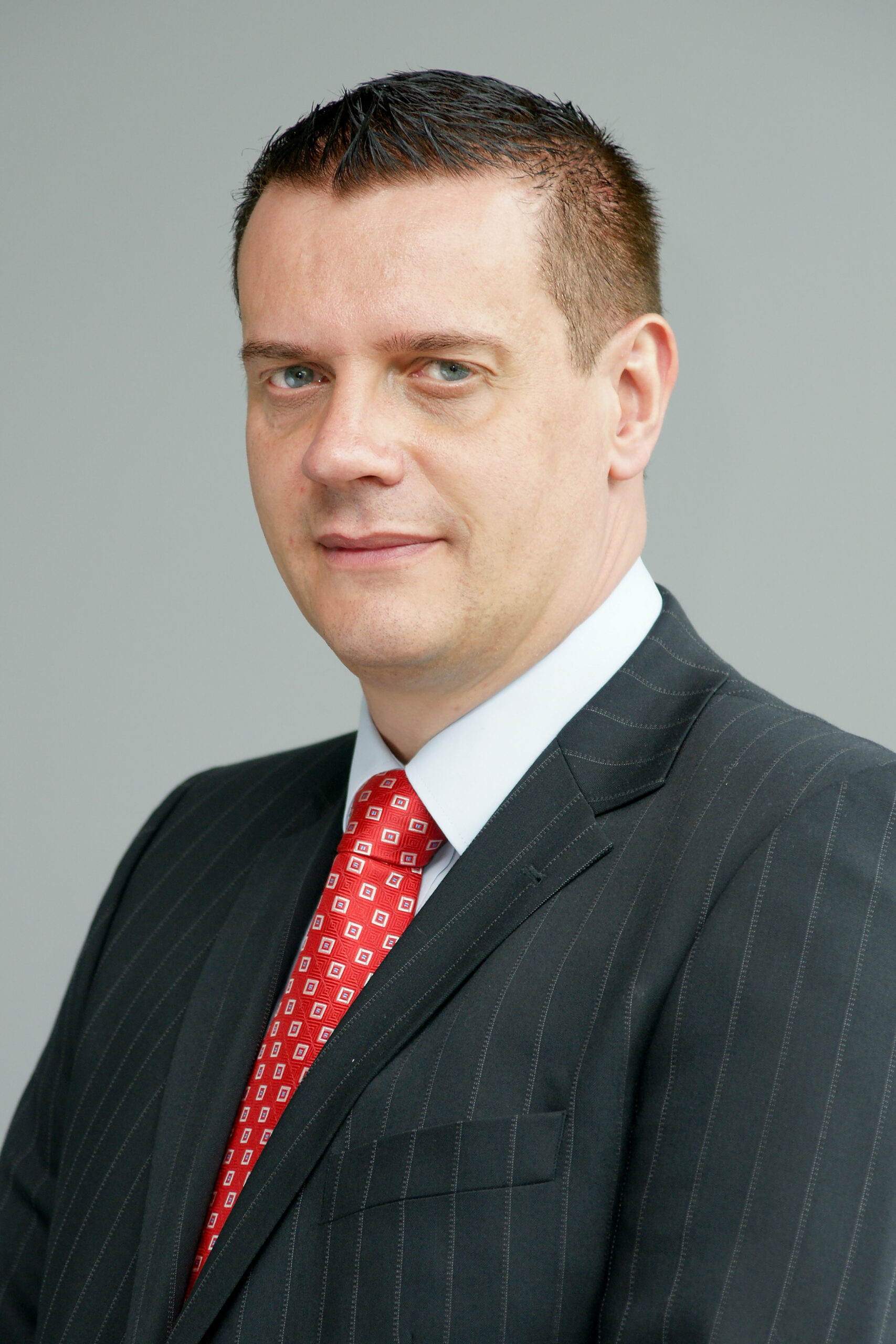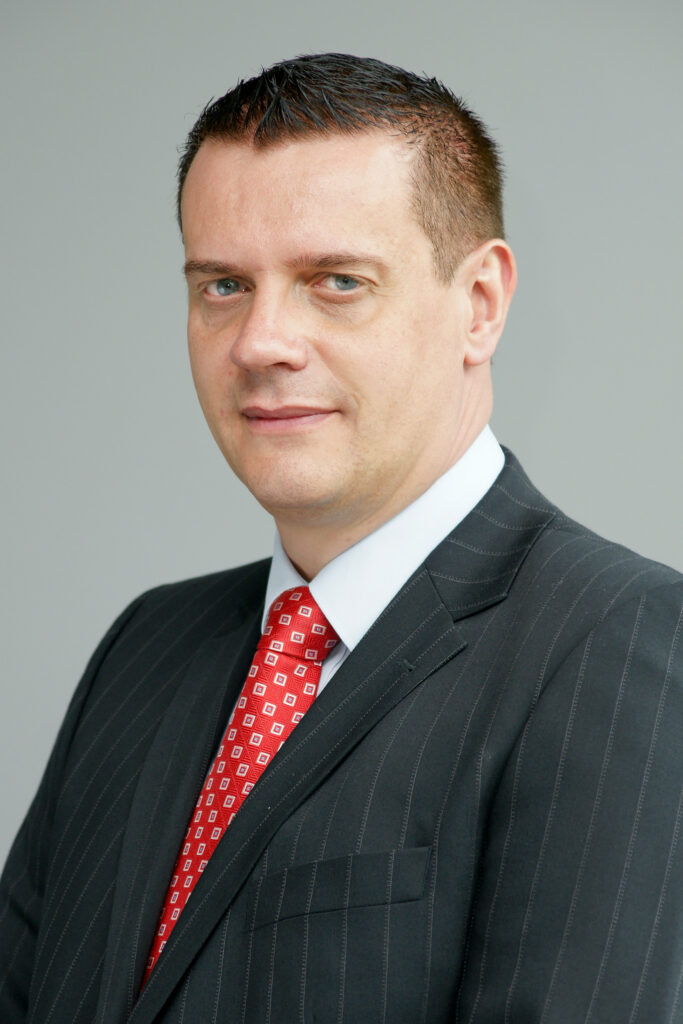 Any new technologies or products?
Any new technologies or products?
2018 will be a big year for new innovations, following on from the €5million investment in a Bruderer Shim Stamping machine that was installed at our Budzyń manufacturing facility. This allows us to manufacture our own rubber- metal – rubber shims for our passenger car range – Breck.
Coming up in Q1 2018 we shall be introducing ‘Green Coat’ – a high friction coefficient coating production line on all CV pads. The introduction of Green Coat will be accompanied by the next ‘new to range’ for our CV brake pads, which will see four more parts made available. This new production line will apply a high friction coefficient layer to the outside of the commercial vehicle brake pads. This allows a much quicker bedding in of the pad in relation to the disc.
In late 2018, we will also be introducing a €10 million Feintool Technologie AG Fine Blanking Machine that will enable us to manufacture our own back plates from rolled steel. This machine will not only improve efficiencies but will earmark a period of significant growth for our business.
Any noteworthy sales trends or legislative changes (e.g. R90)?
There is no question that 2017 has been a volatile year for the UK aftermarket. There does seem to be a nervousness in the market for a variety of reasons, and this is creating a feeling of uncertainty. The biggest contributors to this are the ongoing trials and tribulations of the buying group activity, particularly the ongoing acquisition programme that is continuing to shape our industry; the continuing purchase and sale of some of the larger motor factors, and of course Brexit and the revised UK growth forecasts.
Directly affecting us as a business is the ongoing increase in raw material costs. In the last quarter alone, steel prices have risen by 15%, and this will inevitably have a knock-on effect. We are currently absorbing as much of these cost hikes as possible, but eventually the ongoing increase will start to affect the entire supply chain, placing pressure from the supplier to the end user
Long-term, the rise in popularity of electric vehicles can be directly correlated to a reduction in the need for friction materials for braking purposes. In a world where electric, and even driverless cars, are a reality, road speeds will inevitably be lower. Couple this with the engine braking effects, which will reduce the need for traditional mechanical braking methods, and the future looks bleak for traditional brake manufacturers. But not resting on our laurels, we’re already looking at a diversification plan, as we recognise that diversification will be the key to survival.
Any advice for factors/garages on stocking strategies?
We pride ourselves on having high stock availability, supported by a much shorter lead time than any of our competitors. We also offer an unrivalled logistics programme – which means we can deliver the parts that are needed, when they are needed most. From our headquarters in Doncaster, we offer a 99.1% pick rate, and can place daily orders on the manufacturing facilities in Poland, if required, meaning replenishment stock can be delivered to the warehouse within just three days. Not only does this mean that seasonal product demand peaks can be met head on, but it also means that there is no reason for factors or garages to tie stock, and therefore cash, up in inventory.
Anything else we should be mentioning?
2018 is set to be a huge year for us as both a company and a brand. We have our ongoing investment programme in place that will see the type of product we can offer increase in both terms of quality and innovation, as well as the quantity. Our aim is to lead the way in brake pad innovation, setting new standards in quality and performance.
We’ll also be continuing to spark the debate and discussion surrounding both price, and counterfeit parts. Our recent benchmarking exercise threw up some concerning findings, so we want to bring this to the fore, and get factors and mechanics thinking about the parts they are purchasing and whether they are truly offering their customers the best possible value for money, and more importantly, whether the parts they are providing are really safe.
Finally, this year also marks our 30th anniversary so we’ll be sure to be celebrating in style. From exciting giveaways and promotions, to special events at our Polish HQ, it’s going to be a big year for us. Watch this space to find out more.
For more information, interviews or images please contact:
Kimberley Hornby, Hornby Whitefoot PR
Tel: 01604 373700 E-mail: kimberley@hornbywhitefootpr.co.uk
About LUMAG
With a history spanning almost 30 years, LUMAG was founded in Poland in 1988 by CEO Marek Żak, initially focusing on the production of brake linings before later implementing its own brake pad manufacturing technology. Over the years the company has achieved enormous technological progress, through applied engineering solutions as well as the continuous rise of quality and safety standards.

Since September 2013 it has been operating out of a purpose built new production facility located 60km from Poznań in the town of Budzyń, covering an area of approx. 19,000 square metres, allowing the company to satisfy ever-growing customer needs and to meet strict demands of the OEM market.
The factory features an automated mixing facility, designed and custom-built for the manufacture of friction materials, coupled with high-capacity processing lines. The investment has multiplied its previous production capacity and allowed it to increase its headcount by around 10%.
The company’s mission is to supply car and commercial vehicle users with high-quality products ensuring safe braking, and in doing so, improving the safety of all road users.
LUMAG’s UK operations are based in Doncaster, South Yorkshire.
Further information can be found at www.lumagltd.co.uk.

